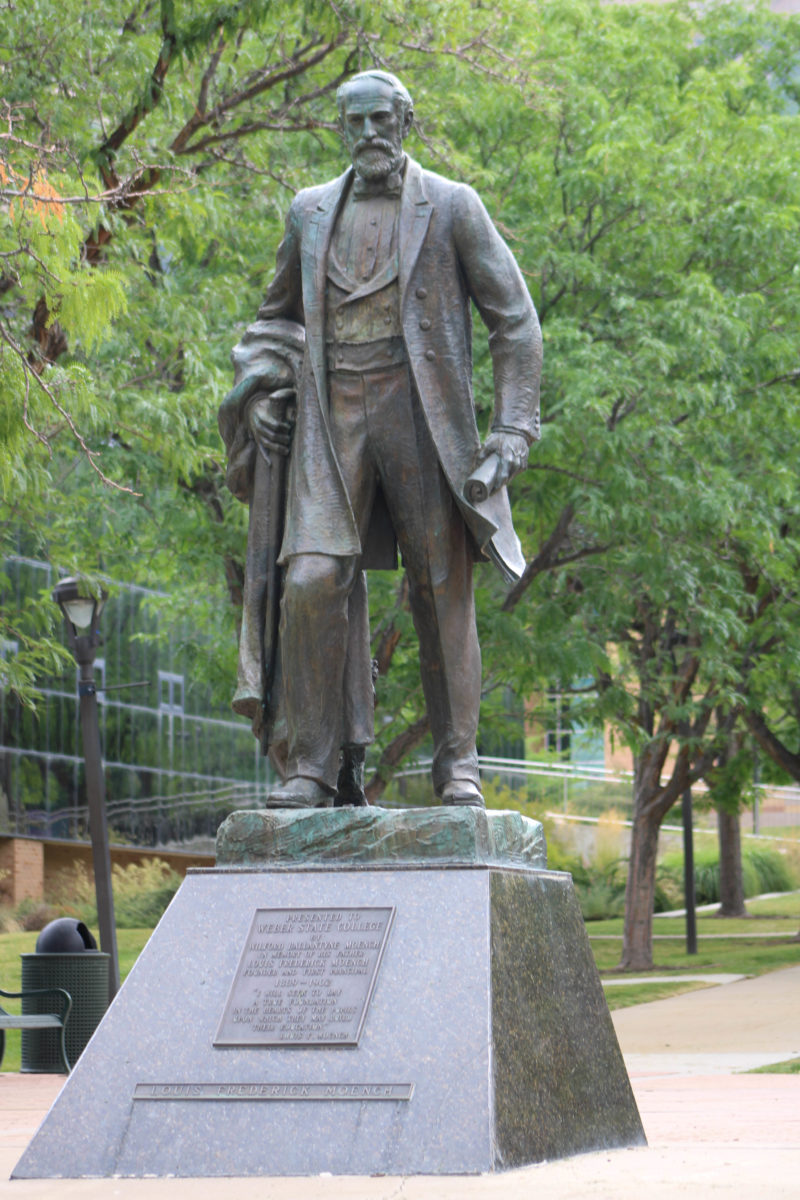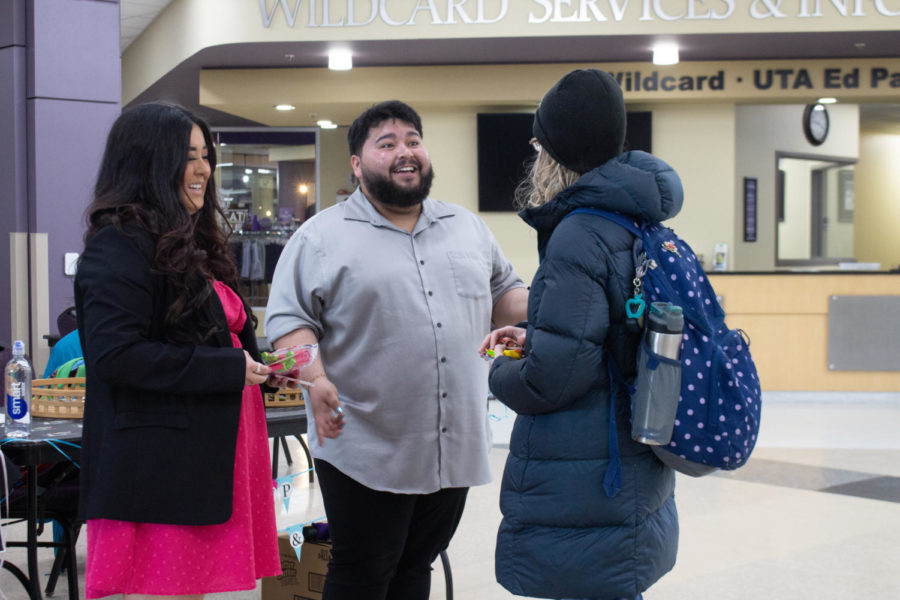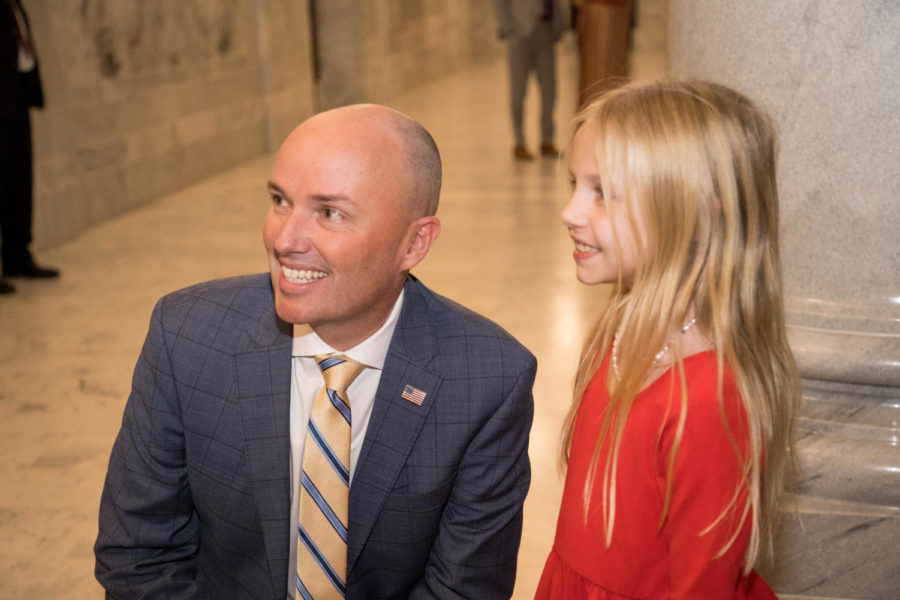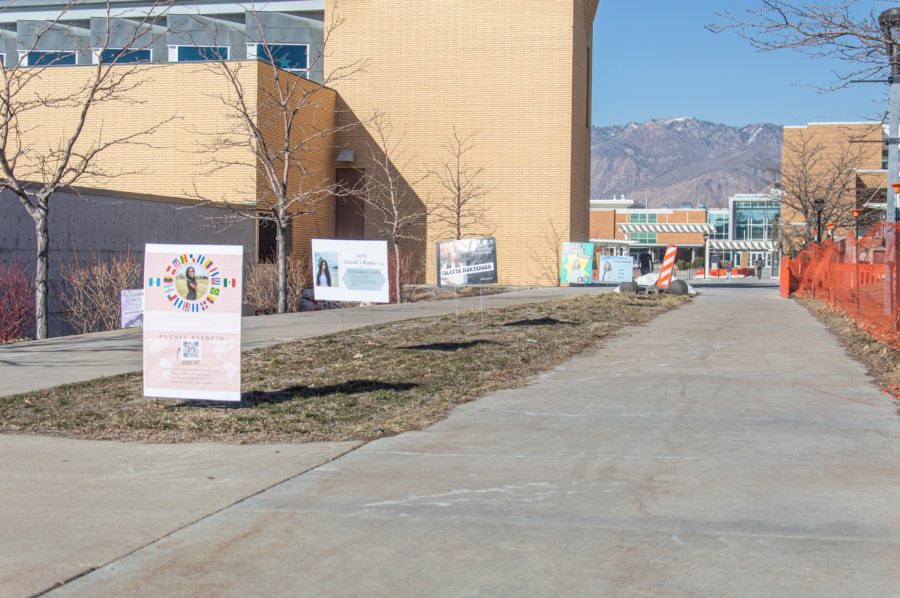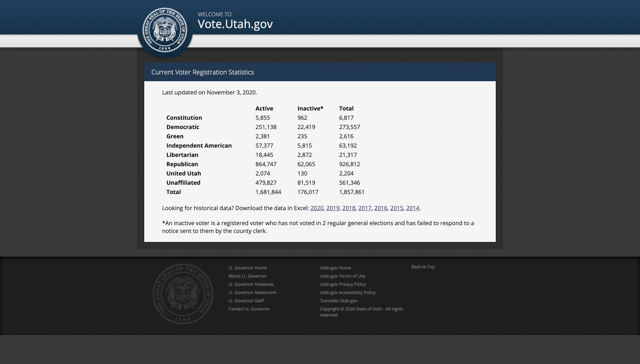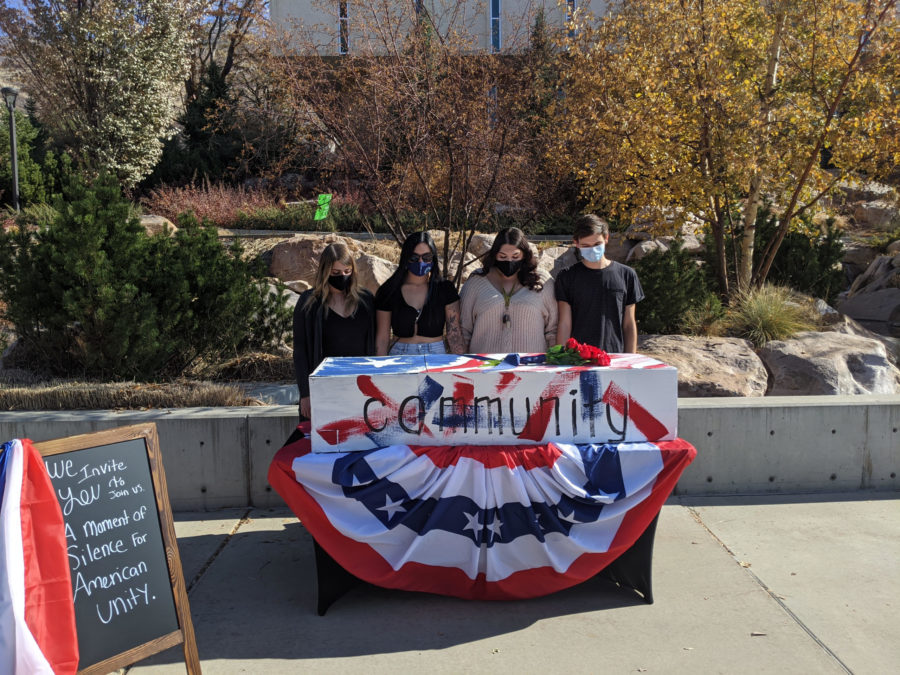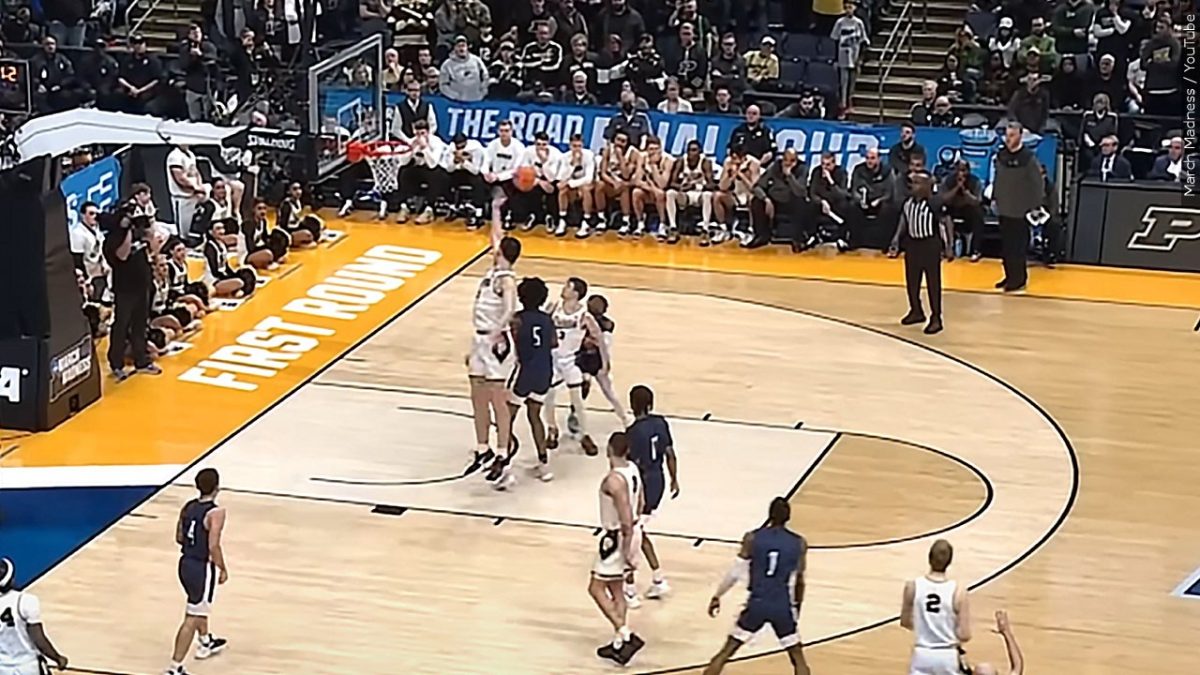When people in America think about voting for the president, they usually think of the general election day in November. While that election is definitely important, there may be an election with an even larger impact—the primaries. Primary elections are held in the early months of election years, and the purpose of the primary elections is to determine which candidate gets each party’s nomination. Although these are important elections, many people don’t know much about them—or choose not to vote in them—but there are many important reasons to vote in the primaries.
The most basic reason is that the right to vote is an important right to exercise. America is a democracy, and the more involved voters are in the political process, the more the people in the government will represent voters’ interests.
Even though there are basically only two parties in America, the candidates in those parties can vary widely. For example, right now, there are nine candidates running for the republican nomination, and two for the democratic nomination. Those candidates, while aligned within their parties on some basic values, vary widely in the kinds of legislation and policy they will enact if elected. In the primaries, voters can look closely into the policies of each candidate and then choose which one of those represents their ideals best.
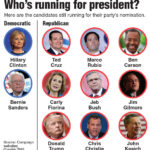
In the general election, the choice is basically between candidate A or candidate B. Voters can choose which of the two candidates is closest to representing them, but it’s impossible to make everyone happy.
In 2008, primary voting reached its second-highest level ever, and yet, the voter turnout was still only 30.3 percent (the highest level of primary voting was in 1972, where 30.9 percent of people voted). That means that less than half of the population of voters decided that Barack Obama and John McCain would be the ones who would run for the presidency that year.
It makes you wonder—would that have changed if the other 70 percent had considered their values and cast their vote for the candidate who best aligned with them?
There’s a big chance the results would have been different. I find it hard to believe that the entire 70 percent of non-voters all have the same opinions about the issues. Some people will say, “It doesn’t matter if I vote. It won’t count anyway,” but if every person saying that actually did vote, it would definitely make a difference.
The 30 percent of people who do vote are the ones who are already active and interested in the political system, but the person who is chosen for each party’s nomination, and eventually the president, will affect every single person living in the country in some way. No matter what you’ve heard, the presidential primaries do affect you, and your vote does count. Utah’s primary election will be held on March 22, so get out, and make your voice heard.







